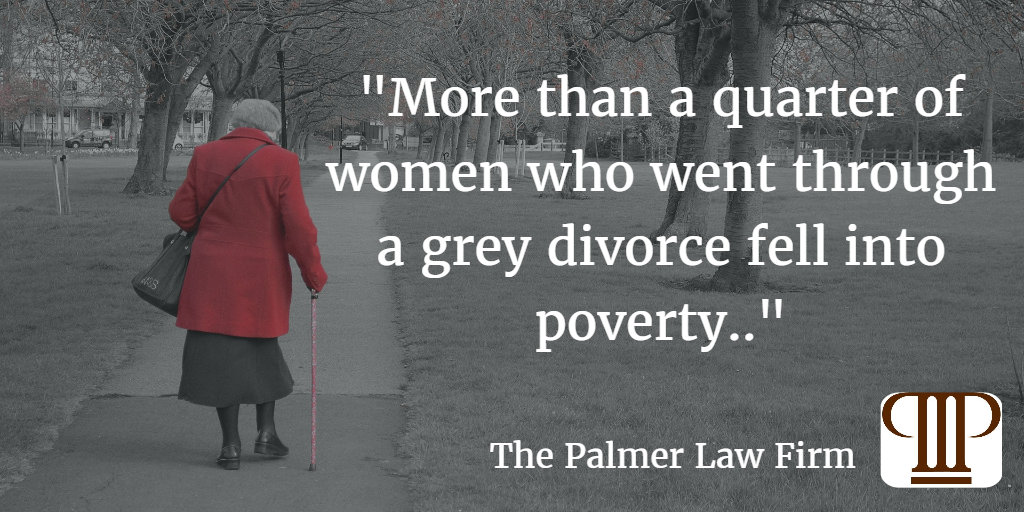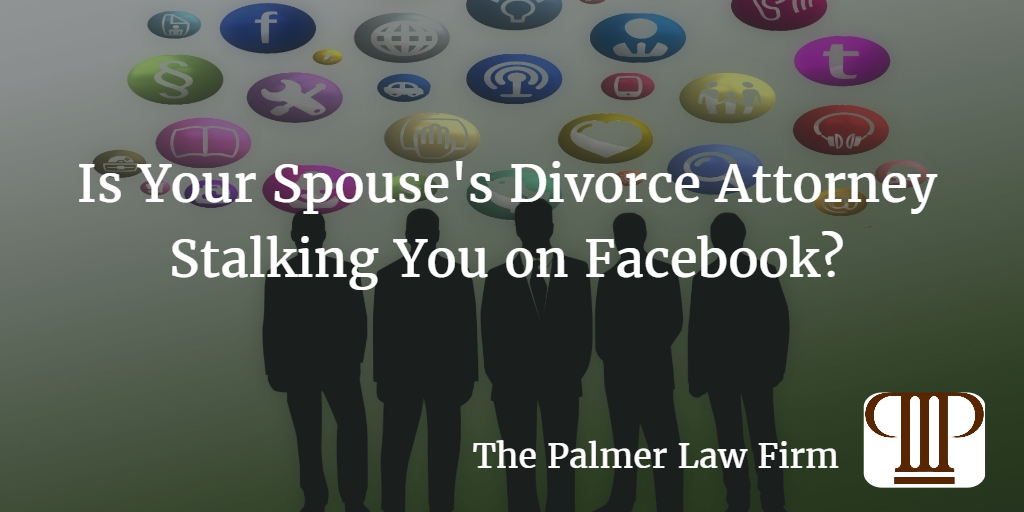|
1. Act quickly and decisively.
Most victims of domestic violence submit to an abusive spouse because of social pressures, or their own idealistic expectations. Others feel they cannot afford to leave their marriages for economic reasons. However, a failure to act may only prolong the misery and produce increasingly violent attacks. Seek help from friends, religious organizations, victims' services agencies, crisis intervention centers. If a situation is serious, it may be necessary to leave home and temporarily stay in a battered women's emergency shelter. 2. Save Evidence. Take color photographs of injuries as soon as possible to prove the extent of the abuse. Have the pictures signed and dated by a witness or the person who took them. 3. Seek immediate medical attention immediately after a beating. Ask the doctor or nurse to document the injuries in a written report. Be sure the name of the person causing the injury is mentioned in the report. A doctor's visit can help prove that injuries were caused by the beating, and the medical records can be used in court to prove a case. Other evidence, including torn or bloody clothing, pictures documenting damage to a house or a car, and the testimony of witnesses, should also be saved for future use. 4. Seek legal assistance as soon as possible. First, do NOT take the law into your own hands. In Texas to prevail with a self-defense claim, a battered spouse who fights back must prove a reasonable apprehension of imminent danger of bodily harm. Some lawyers use evidence of past beatings and threats to prove reasonable apprehension. Others argue that it is a reasonable response for a woman of slight build to use a lethal weapon (gun or knife) even if a man attacks her with just his fists. In Texas, a spouse who has a reasonable and immediate fear of sexual assault is permitted to use deadly force. In most other cases, women who fight back with deadly force can expect to face criminal charges. Next, get legal help. You can seek the help of volunteer services, or a private attorney. With domestic relations services you may be able to obtain a protective order that requires your spouse to either leave the house and/or stay away from you and the children. A private attorney may additionally help you:
5. Seek Emotional/Psychological Counseling Systematic patterns of abuse dis-empower the victim and often make them psychologically and emotionally impaired to the point where they are incapable of making sound decisions for themselves or their children. IT IS VITAL to begin the road to mental health by seeking professional counseling. Your legal struggles will require you to have sound judgement as you make very significant decisions about your legal and financial future as you move beyond a life of abuse.
3 Comments
Divorce not only can hurt the heart, but also the wallet. The financial fallout can be even worse for those who divorce later in life as carefully managed retirement plans quickly unravel.
So-called gray or late-life divorces have steadily risen since 1990. The divorce rate among those between 55 and 64 has more than doubled, while the rate among couples 65 and older has tripled. Overall, about one in four couples over 50 divorce. That has some serious financial implications, especially for women. More than a quarter of women who went through a gray divorce fell into poverty, versus 11 percent of gray divorced men. Expectations for a comfortable retirement have to be adjusted when couples split near or during their golden years. Source: Financial Times The practice of family law is unique because in no other area of law is the character of a party so important to the outcome of a case. Especially in cases involving children, the “best interest of the child” standard that courts use means that the parties’ lifestyle is especially relevant, and will likely be put on full display in the courtroom by the lawyers in the case.
How does an attorney get such personal information about the party he is working against? Traditionally, a lawyer could go through a long process called discovery that requests answers under oath to prying questions about relationships or the production of tangible things like embarrassing photographs. But in the modern world all of these things (and more) may be served up on a silver platter by the opposing party themselves. More and more people are getting into the habit of broadcasting their status updates, tweets, and Instagram photos by convenient putting them on the internet for easy, 24/7 access by lawyers hungry to find dirt on them. It is a regular feast of evidence. And that is not all. The ubiquity of Facebook has grown over the years, so has it’s standing as legitimate communication device. A few months ago, a posting on Facebook was successfully used to serve a party. The judge in the case called social media the “next frontier” as “forums through which a summons can be delivered.” How does a lawyer get into an adverse party’s account? I’ve seen some people with their privacy settings completely turned off. Another route might be if the spouse has not removed my client from her friends list, or through close family and friends. Another method followed by some (not I) is to create a profile of an attractive person who shares a high school or employer with “the target” and then you add the target’s friends. Once a few of them accepted (and many will), the common background and the mutual friends will convince most people to accept the profile as a friend. This however is an ethical grey area that I personally choose not to go down. In the courts I practice in – this behavior would not sit well with the judge. At a minimum, a good family law attorney needs to be aware of how to access public profiles. A good family law attorney also needs to warn their clients to stop Facebooking and Instagramming and Tweeting unless the posts would look fine on the homepage of their grandmother’s church. |
Need more information about this or other family law topics in Texas?
Click the button below to book a FREE ATTORNEY CONSULTATION (832) 819-3529
Attorney Sean Y. Palmer has over 20 years of legal experience as a Texas Attorney and over 25 years as a Qualified Mediator in civil, family and CPS cases. Palmer practices exclusively in the area Family Law and handles Divorce, Child Custody, Child Support, Adoptions, and other Family Law Litigation cases. He represents clients throughout the greater Houston Galveston area, including: Clear Lake, NASA, Webster, Friendswood, Seabrook, League City, Galveston, Texas City, Dickinson, La Porte, La Marque, Clear Lake Shores, Bacliff, Kemah, Pasadena, Baytown, Deer Park, Harris County, and Galveston County, Texas.
Call (832) 819-3529 If you live in the Houston area and would like to consult with one of our attorneys, please leave your information below.Archives
July 2024
Categories
All
|
The Palmer Law Firmwww.thepalmerlawfirm.com
(c) 2024 Sean Y. Palmer |
DISCLAIMER:
This website is for educational and informational purposes only and is not, nor is it intended to be, legal advice. Viewing of this website does not create an attorney-client relationship. All legal matters should be discussed with a licensed attorney before you take any action. You should consult with an attorney for advice for your individual situation. Sean Y. Palmer is the attorney responsible for the content of this site. DATA NOTIFICATION: Pursuant to the Health Insurance Portability and Accountability Act, and the Texas Medical Records Privacy Act of the Texas Health and Safety Code, consumers are noticed that their protected healthcare information may be transmitted electronically. |





 RSS Feed
RSS Feed